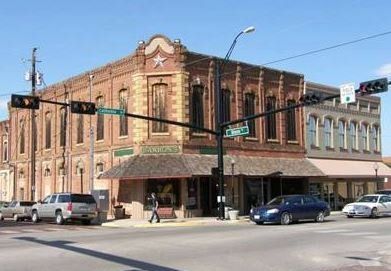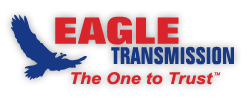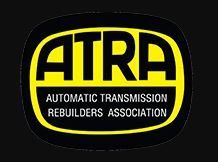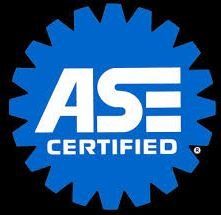Transmission Shop Gainesville Tx
Free Towing W/Major Repair
Over 35 Years in the Transmission Repair Business
ASE Certified Techs
Get An Estimate

Transmission Shop near Gainesville Tx
Even though our Transmission shop is located in Denton we service all local surrounding cities including Gainesville, TX. If you are in need of transmission repair, or think you need your transmission repaired, we offer free towing from Gainesville, with any major repair. Eagle Transmission Shop provides local transmission repair in Gainesville, TX, a short 30 minutes from Gainesville to our transmission repair shop in Denton We provide a wide variety of local services such as
Transfer Case Repair
Differential Repair
Transmission Repair
Clutch Repair
Transmission Rebuild
Allison Transmission Rebuilds
and More.
We are located off Dallas Dr in Denton off the Service Rd of I-35. Eagle Transmission Denton have been proudly serving the local residents of Gainesville for 25 years. We work on all types of vehicles including Foreign and Domestic vehicles including , Dodge Diesels Transmission , Mercedes, Bmws, Jaguars, Jeeps, Box Trucks, Allison transmissions and more.
Our technicians are certified by ATRA & ASE, which set the standards for the transmission industry.
Serving 76240 76241
Founded in 1850, the city of Gainesville was established on a 40-acre (16 ha) tract of land donated by Mary E. Clark.[6] City residents called their new community "Liberty", which proved short-lived, as a Liberty, Texas, already existed. One of the original settlers of Cooke County, Colonel William Fitzhugh, suggested that the town be named after General Edmund Pendleton Gaines.[7] Gaines, a United States general under whom Fitzhugh had served, had been sympathetic with the Texas Revolution.
The first hint of prosperity arrived with the Butterfield Overland Mail stagecoach in September 1858, bringing freight, passengers, and mail. In 1860, Cooke County Voted against secession. In 1862, during the Civil War, the Great Hanging at Gainesville, a controversial trial and lynching of 40 suspected Union loyalists, brought the new town to the attention of the state and came close to ripping the country apart.[8][9] In the decade after the Civil War, Gainesville had its first period of extended growth, catalyzed by the expansion of the cattle industry in Texas. Gainesville, only 7 miles (11 km) from the Oklahoma border, became a supply point for cowboys driving herds north to Kansas. The merchants of Gainesville reaped considerable benefits from the passing cattle drives.
Within 20 years, the population increased from a few hundred to more than 2,000. Gainesville was incorporated on February 17, 1873, and by 1890 was established as a commercial and shipping point for area ranchers and farmers. In the late 1870s two factors drastically altered the historic landscape of North Central Texas. The first of these was barbed wire. In 1875, Henry B. Sanborn, a regional sales agent for Joseph Glidden's Bar Fence Company of DeKalb, Illinois, traveled to Texas. That autumn, he chose Gainesville as one of his initial distribution points for the newly invented barbed wire, which his employer had patented the previous year. On his first visit to Gainesville, he sold 10 reels of the wire to the Cleaves and Fletcher hardware store—the first spools of barbed wire ever sold in Texas.
World War II had an enormous impact on Cooke County. Camp Howze, an army infantry training camp, was established on some of the best farmland in the county. The construction of the camp helped bring Cooke County out of the Great Depression by providing jobs. The county population doubled and the area boomed.
Ref:Wikipedia
You maybe in Gainesville TX visiting the Gainesville Zoo, started by Frank Buck.
Frank “Bring ‘Em Back Alive” Buck has been referred to as Gainesville’s “native son.” He was born March 17, 1884 in a wagon yard owned by his father. The wagon yard was located at 825 East California St., where the First State Bank Conference Center stands today. Frank’s family later moved to Dallas, where he grew up catching native critters by hand along the banks of the Trinity River. Frank was not keen on most school subjects, but he did love geography.
In 1911, Frank funded his first trip to South America to collect birds with $2,500 he won playing poker. For the next 25 plus years Buck traveled to Africa, Australia, and South America but focused on Malaysia, Borneo, and other parts of Southeast Asia. There he established a base camp where he employed and learned from native peoples, refining capture techniques without the use of chemical restraint. Frank Buck always travelled by ship with the animals to ensure they were cared for during transport. He refused to sell them to anyone that did not have an impeccable reputation




